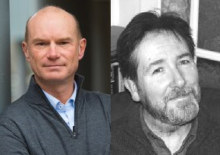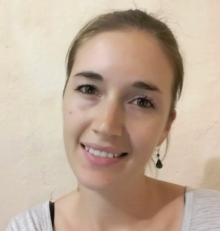Posted on 6 Apr 2021
Given the urgency of the climate crisis and the shortfall in funding, current and prospective climate funders face extremely challenging decisions to ensure their grantmaking is as impactful as possible. Information on which particular issues, approaches and organisations other funders are supporting, and which are receiving less attention than others, can be very helpful to funders when making difficult grantmaking decisions.
With this in mind, EFN initiated a mapping exercise in 2020 to gather information on climate-related grantmaking from funders that participate in EFN’s Climate Funders Group. This blog summarises our key findings which we hope will be of use to current and potential climate funders.
Keywords: climate change, collaboration, effectiveness, fundraising, mapping









